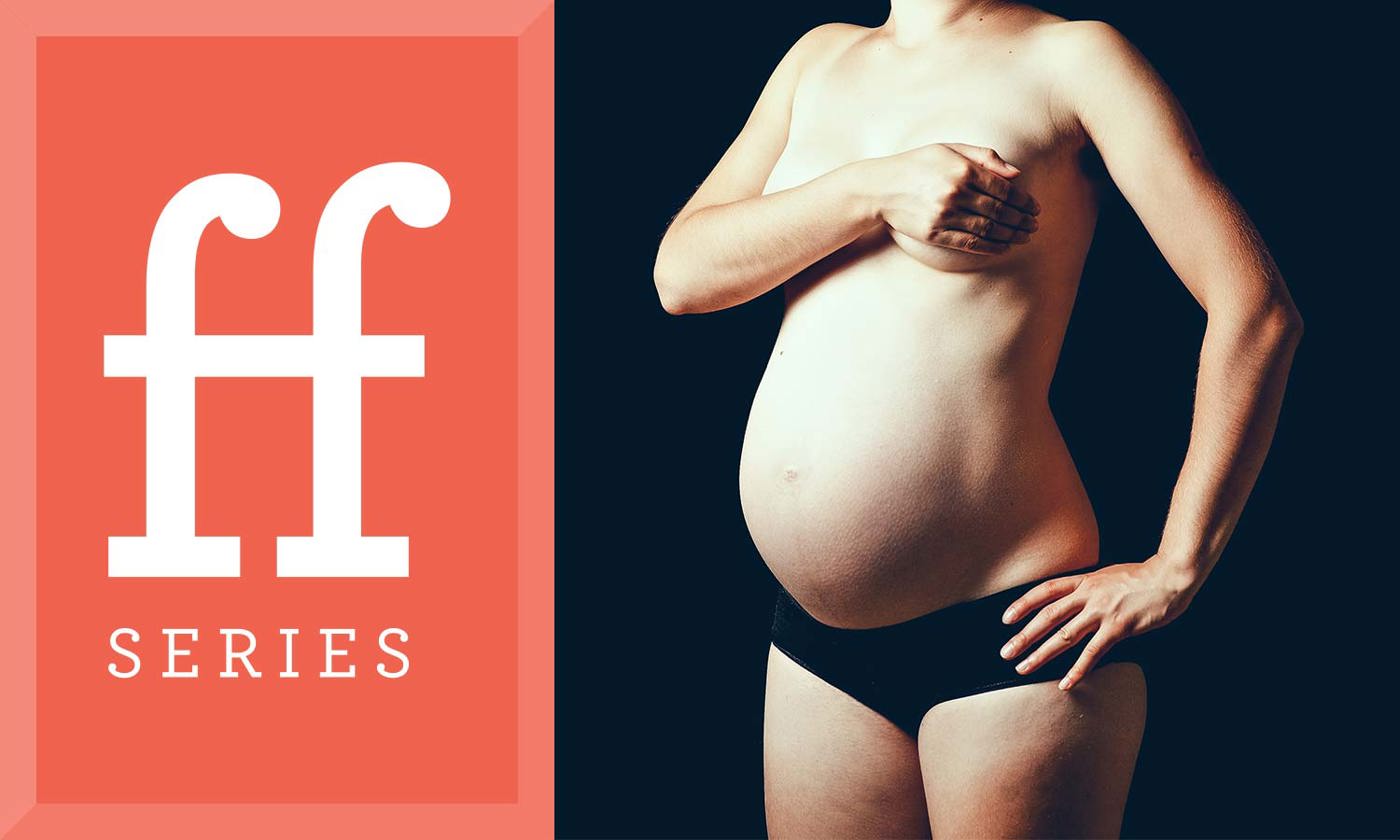Like what you see?
Sign up to receive more free parenting advice.
Thank you for subscribing to our newsletter!
Child Development

Credit: iStock.com/Ipinchuk
By 33 weeks of pregnancy, the baby's brain and nervous system are fully developed.
Your baby's bones are also continuing to harden, apart from the skull bones1.
These will stay soft and separated until after the birth, to make the journey through the birth canal easier – the bones can move gently and slide over each other so the head can be born safely, while still protecting the brain.
Your baby is curled up in the uterus now, with legs bent up towards the chest. There's little room to move about, but he or she will still change position, so you'll still feel movements and be able to see them on the surface of your bump.
If your baby is a boy, his testicles are beginning to descend from his abdomen into his scrotum.
By 36 weeks, your baby's lungs are fully formed and ready to take their first breath after the birth. She or he will also be able to suckle for feeds now, and the digestive system is fully prepared to deal with breast milk.
Your body in late pregnancy
You'll probably find you need to slow down because the extra weight makes you tired, and you may get backache.
From around now, you may be aware of your uterus tightening from time to time. These are known as Braxton Hicks contractions, and are a normal part of pregnancy – your uterus is "practising" for the tightenings, or contractions, of labour. It's only when they become painful or frequent that you need to contact your midwife or hospital.
Only around 5% of babies arrive on their due date.
If you have children already, you may want to make childcare arrangements for when you go into labour. Pack your bag ready for the birth if you're planning to give birth in hospital.
When you're around 36 weeks pregnant, make sure you have all your important telephone numbers handy in case labour starts.
Warning signs during late pregnancy
Bleeding from your vagina may be a sign of a serious problem, so seek help if you have vaginal bleeding in pregnancy.
High blood pressure and protein in the urine are signs of high blood pressure and pre-eclampsia, which can be life threatening if untreated.
Itching at any stage of pregnancy can be a sign of the rare liver disorder intrahepatic cholestasis of pregnancy, sometimes called obstetric cholestasis or OC.
1 Contains public sector information licensed under the Open Government Licence v3.0.
Get Advice
Real parents. Real problems. We’re here with a group of leading early learning and parenting professionals to answer your questions.



